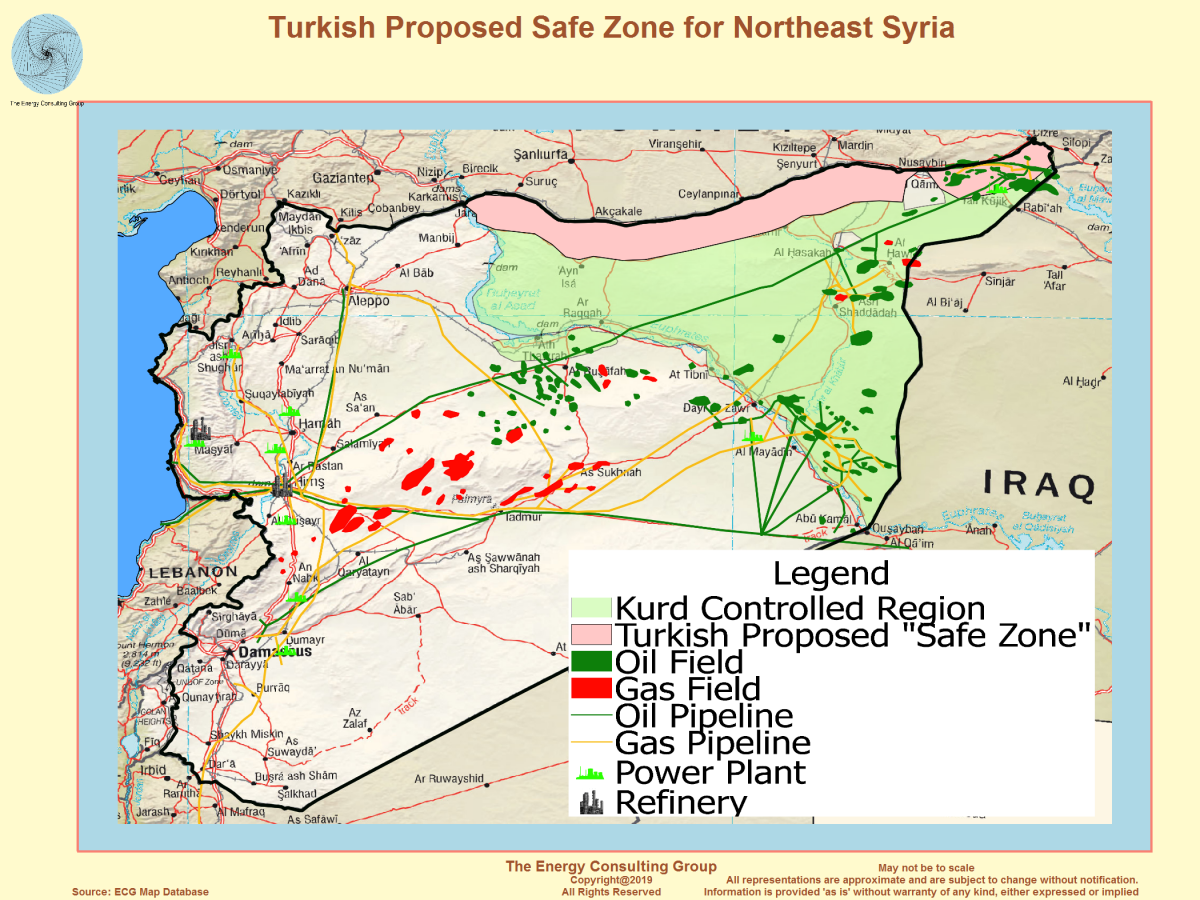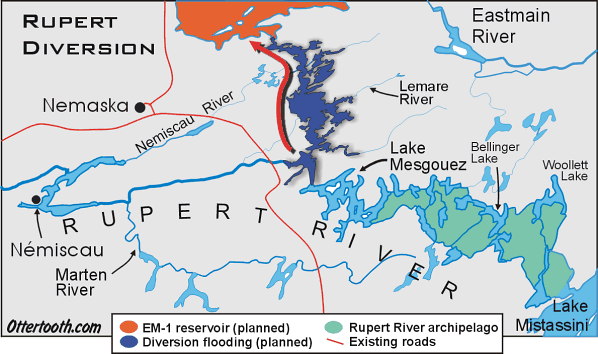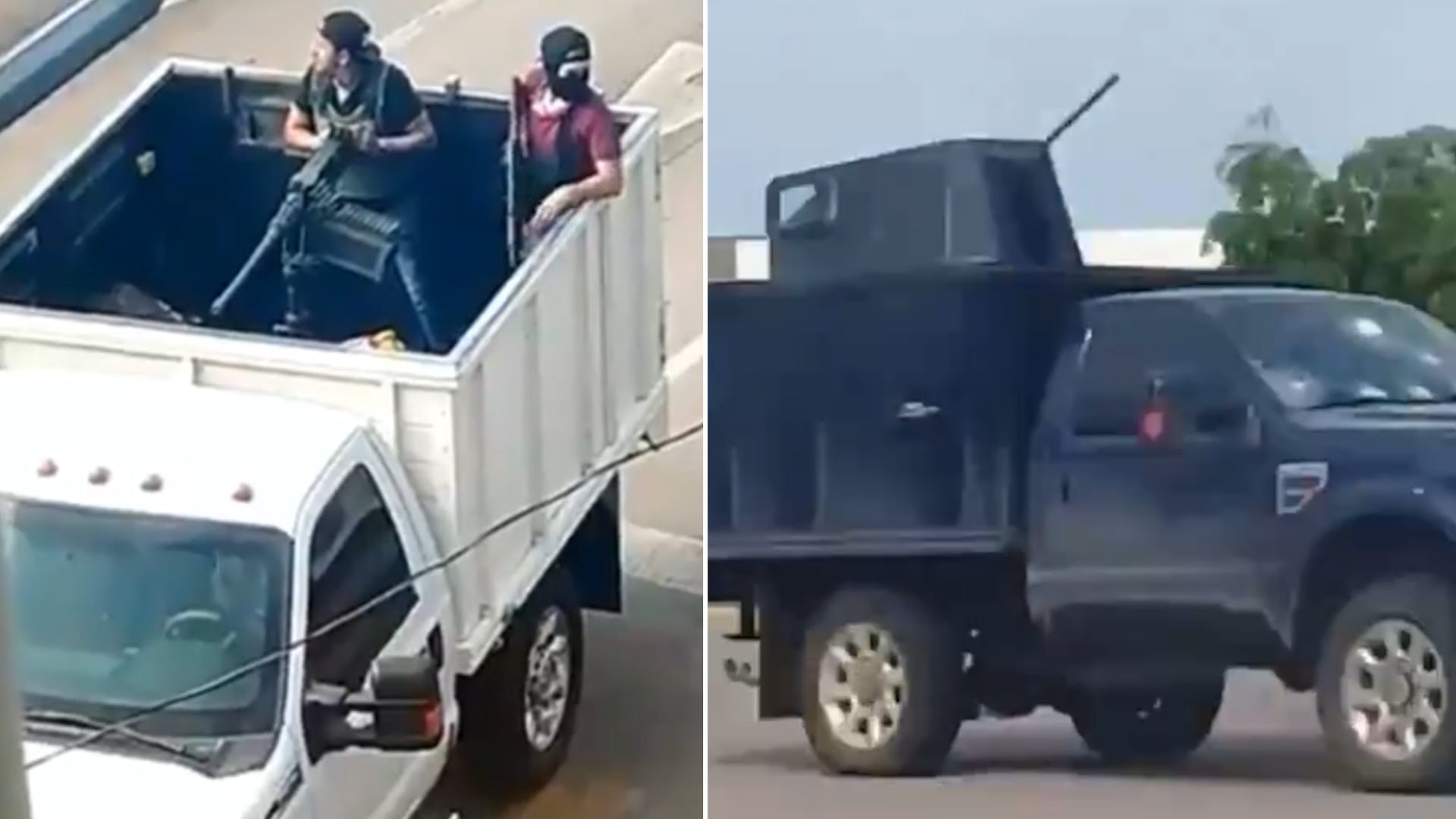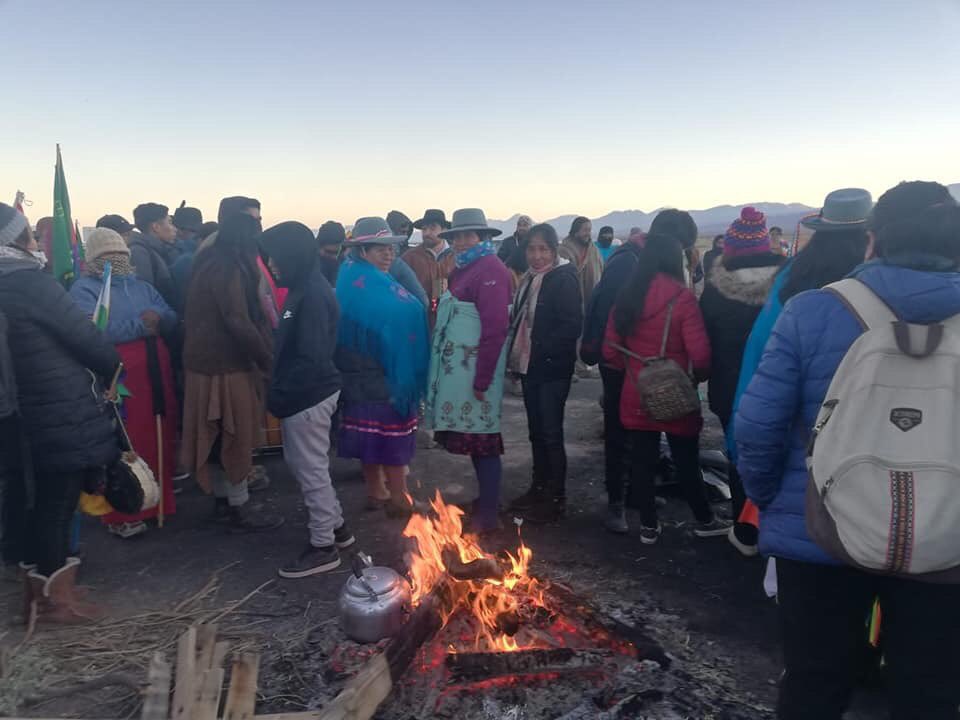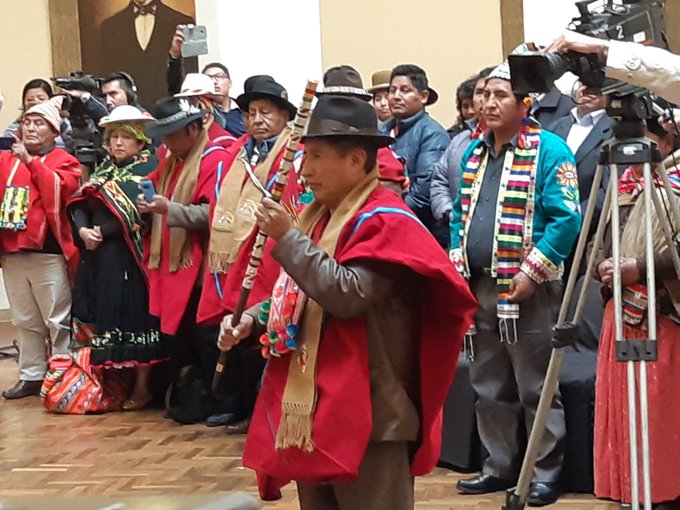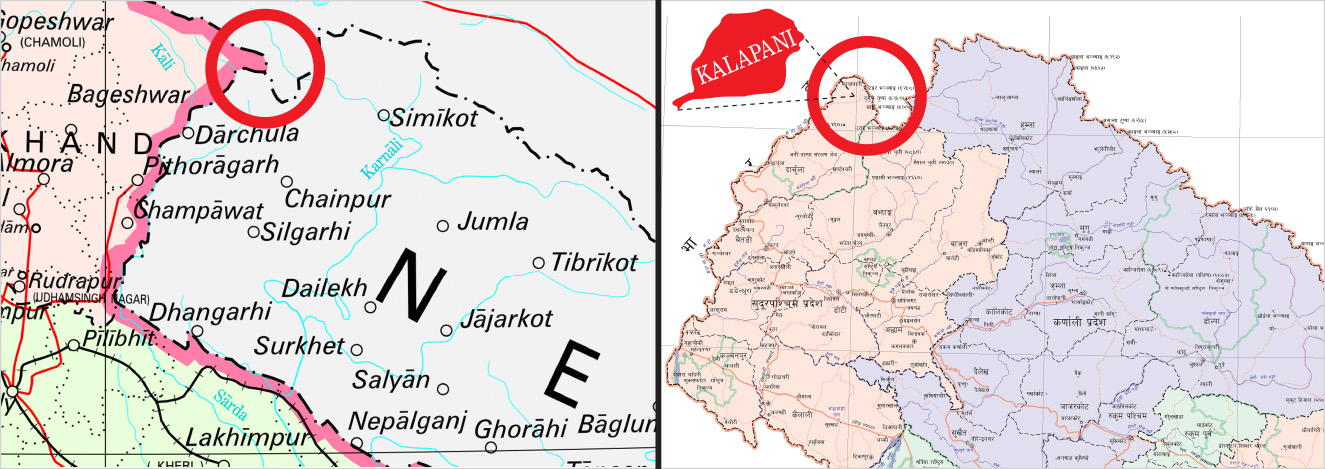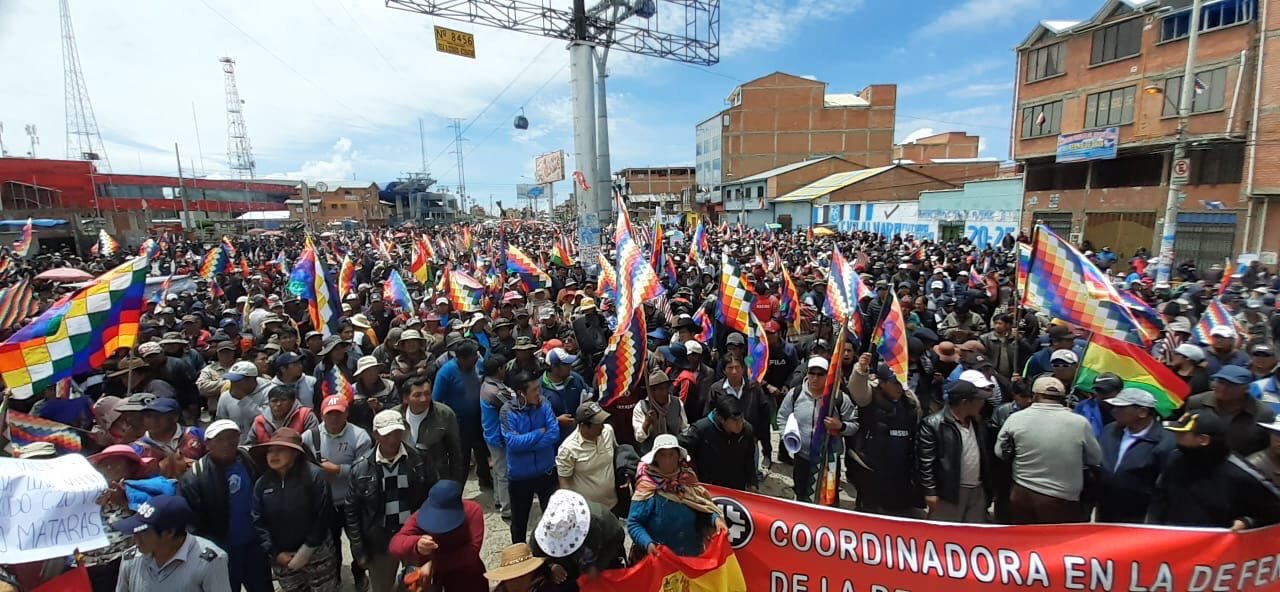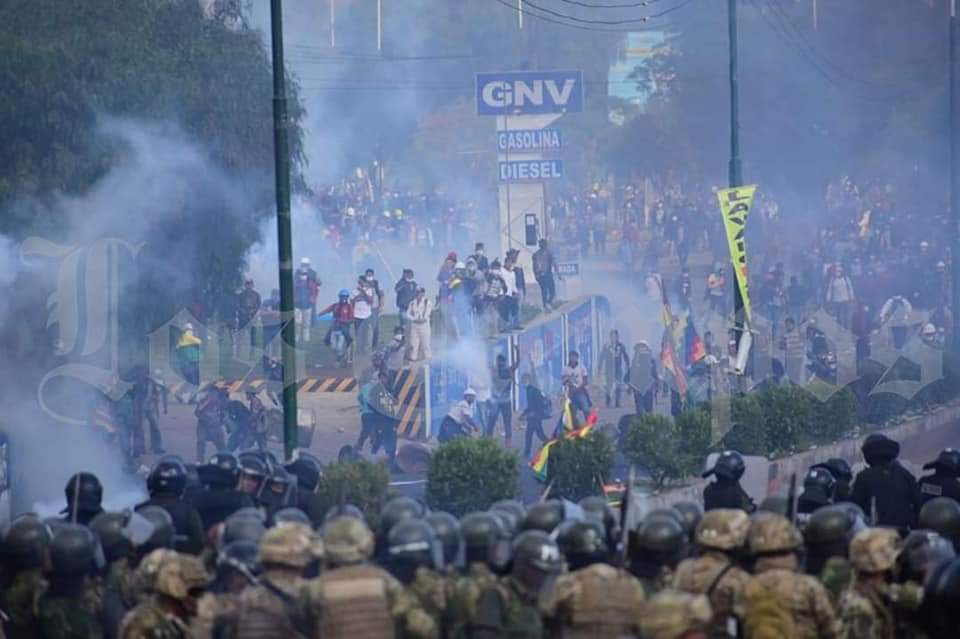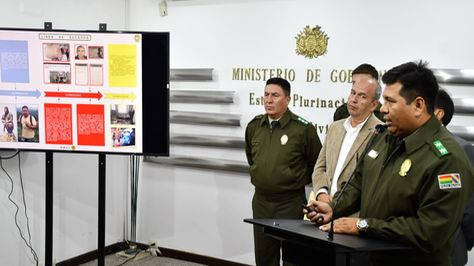
‘Anti-terrorist’ militarization in Bolivia
The new Bolivian regime’s Government Minister Arturo Murillo has announced creation of a special “Anti-Terrorist Group” (GAT), drawn from elite units of the National Police force, to “completely disarticulate all the terrorist cells” operating in the country. Murillo made the announcement at a meeting of the National Police Special Anti-Crime Struggle Force (FELCC) in Santa Cruz, where he charged that recent political violence in the country had been instrumented by foreign “terrorist” operatives financed by Venezuela as part of a plan to “destabilize” the countries of South America. He later told reporters that he would seek Israeli security aid for the new anti-terrorist unit. (Photo: La Razón)



